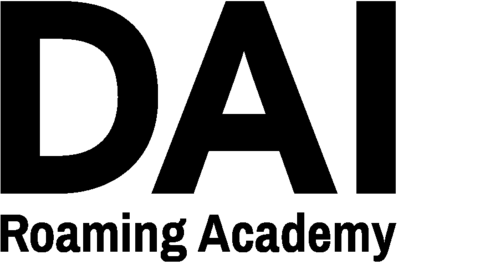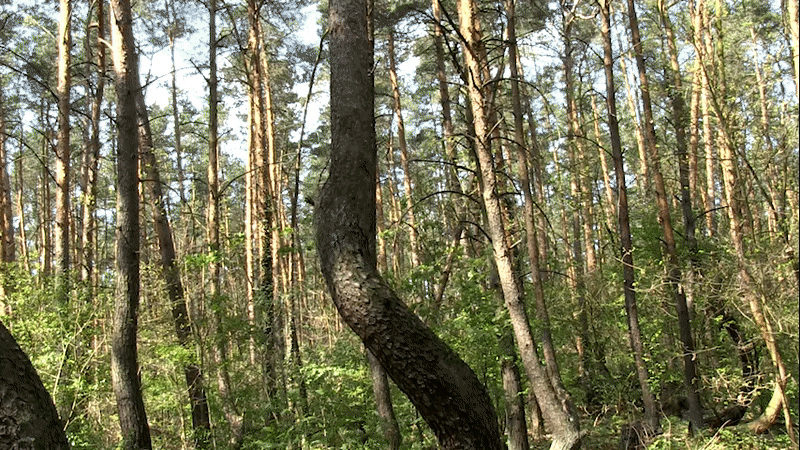CURATING POSITIONS: BODIES AND ANTIBODIES IN CINEMA
by
In the academic year 2020-2021 Bulegoa z/b collaborates with the Dutch Art Institute’s MA Program as partner in the COOP study group Curating Positions: Bodies and Antibodies in Cinema. The COOP is guided by Marwa Arsanios, Leon Filter and Leire Vergara.
In this year’s Curating Positions’ COOP we will approach questions of the body in cinema from different perspectives while taking queer and feminist cinematic methodologies and discourses as our central starting point.
The term body will be employed to designate an entity that is always in relation to other entities, whether through its sexuality, non-human environment or machinist extension. In this sense, the body will always be acknowledged as a social and relational being, an inter-dependent existence, rather than atomized or individualistic in the way capitalist ideology wants us to perceive it.
Within this new Curating Positions’ trajectory, our study will look at the ways technologies of body governance were challenged through the cinematic imaginary, by delving into different body representations developed from the 60s and mostly from our recent past, focusing on the 1990s and the 2000s. This COOP will examine certain transformations that shake the conception of the human body as the central most important entity in the world by asking; which humans, non-humans, animals, cyborgs, plants and other living species have been colonized by the conception of this physically and mentally abled body and have been left out of history? How do they come back in films? How do they revenge? How do they resist? Often through dance, through lust, collective action, riots, science fiction, or by re-writing history or documenting present conditions.
Bodies and Antibodies in Cinema will look at examples in film and art, that challenge fixed identitarian representations by employing fictional and essayistic strategies and by undoing the binary divisions between the human, their ecologies of living, and their work extensions; the ground, water, plants, animals and the machines they live with.
In this COOP, we will function as intertwined bodies, aiming to build a common stance for our collaborative work. We will depart from the materiality of the moving/live image, its fugues within the hierarchical relation between image and sound, and from its own textuality. In practical terms, we will employ a range of practice-based methodologies that we previously developed as a coop-body. This will include collective walks, moving-image chronicles, the production of listening group sessions specifically working with the notion of “reading films”, collective viewing sessions and student-led sessions. In the latter case, we will put into practice several exercises that focus on specific structural cinematic settings like the camera, the projection, the script, the screen and the audience.
In sum, this COOP aims to study outside imaginaries that will help us to interrupt the patriarchal capitalist visual flow and, thus, project new possibilities from where bodies and antibodies can re-inhabit the image. Beyond this, Curating Positions will explore new paths between image-making and exhibition-making, navigating a crossing between film, performance and curating.
Student participants in Curating Positions 2020-2021: Krzysztof Bagiński, Miguel Ferráez, Elisa Giuliano, Maud Gyssels, Jan Pieter ‘t Hart, Nadja Henß, Niccolò Masini, Vera Mühlebach, Chiara Pagano, Mirjam Steffen, Anna Piroska Tóth, Isabelle Weber, Clara Winter.
BIBLIOGRAPHY AND FILMOGRAPHY:
Gloria Anzaldua: Borderlands/Borders. The New Mestiza (Aunt Lute Books, San Francisco, 1999)
Octavia Butler: Devil Girl from Mars Why I Write Science Fiction (1998), BloodChild (Davis Publications Inc., 1984), Wild Seed (Doubleday Books, 1980).
Kodwo Eshun: Further Considerations On Afrofuturism (The New Centennial Review Volumen (2), 2003)
Samuel R. Delany: Times Square Red, Times Square Blue (New York University Press, 1999)
Virginie Despentes: Baise-moi (2000)
Ute Holl: Cinema, Trance and Cybernetics (Amsterdam University Press, 2017).
Jean Genet: Un Chant d’Amour (filmed in 1950, premiered in 1975).
Derek Jarman: Modern Nature (Penguin, 1991), The Garden (1990)
Ursula K. Le Guin: The Left Hand of Darkness (1969)
Bojana Kunst: The Impossible Body (Maska, 1999), Performing The Other Body (Balcanis Past Journal, 2003)
Ulrike Ottinger: Freak Orlando (1981)
Ula Stöckl: Stories of the Dumpster Kid (1969-1971).
Alenka Zupančič: What IS sex? (The MIT Press, 2017).
THE DUTCH ART INSTITUTE
The Dutch Art Institute a.k.a. DAI, a.k.a. DAI ROAMING ACADEMY, is an itinerant program that fosters a variety of praxes at the intersections of art and theory (both seen as un-disciplines), and invigorates (collective) thinking, researching, voicing, making, roaming, curating, performing, writing and publishing. Embedded in the support structure of the Graduate School of the ArtEZ University of the Arts our precious program is, for the largest part, funded by the Dutch Ministry of Education.

